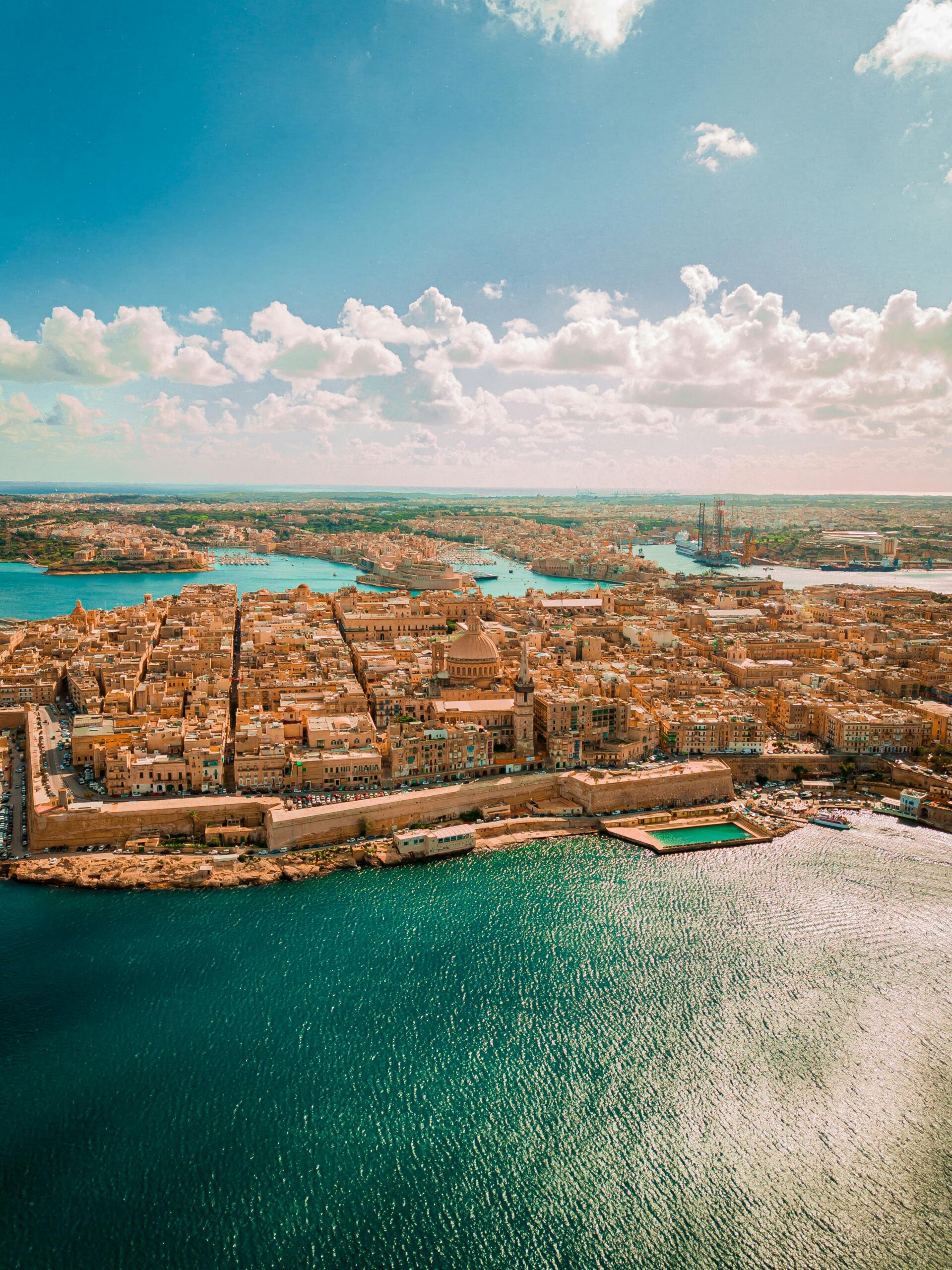Why Malta
Malta presents an attractive option for residency, offering favorable legislative conditions for foreigners. With various policies in place, individuals can take advantage of appealing tax structures and other benefits. Notably, foreign residents are only taxed on Maltese-sourced income and foreign income remitted to Malta. They also benefit from double taxation relief through an extensive network of treaties or unilateral provisions. Certain foreign income, such as dividends, interest, and royalties, may qualify for reduced withholding rates or exemptions, while pensions and specific capital gains can also be exempt. It’s essential to consult each treaty to understand eligibility fully.
Residency Permits for Foreign Nationals
All EU/EEA and third-country nationals who plan to reside in Malta for more than three months must obtain a permit from Identity Malta, which is granted based on specific grounds:
- EU/EEA Nationals:
- Economic Self-Sufficiency: Must demonstrate the ability to support themselves and their dependents without relying on Maltese government assistance.
- Employment: Can seek employment in Malta or establish a business.
- Student: Residency may be granted for the duration of studies in Malta.
- Third-Country Nationals (TCNs):
- Employment: TCNs must secure a job in Malta, with their employer applying for an employment license.
- Self-Employment: TCNs may qualify for self-employed status if they meet certain criteria, including a minimum capital investment and commitment to employ EU/EEA nationals.
- Education: Temporary residence is available for students attending private schools or universities in Malta.
Inheritance and Transfer Tax
Malta does not impose a death tax or duty. However, a duty on documents and transfers applies to heirs of the deceased or purchasers of real estate in Malta, typically at rates of 5% for real estate and 2% for shares. Certain exemptions apply to shareholders with majority business interests outside Malta.
Purchase of Property in Malta
EU nationals can purchase property in Malta freely for primary residence. Non-Maltese nationals require an Acquisition of Immovable Property (AIP) permit, which is not necessary for properties in Special Designated Areas or for EU citizens buying primary residences after five years of residence in Malta. Spouses of mixed nationality can acquire property without an AIP if intended for primary residence.
Importation of Household Goods and Furniture
New residents can import household goods and furniture into Malta without VAT or import duties. Third-country nationals may need to provide a deposit or bank guarantee for the VAT/duty amount, refundable after a set period.
Vehicle Registration
EU citizens may register a car in Malta tax-free if they prove residency transfer and have owned the car for at least 24 months prior to import, bringing it in within 12 months of moving to Malta.
Education and Health Care
Education and healthcare are top priorities for relocating families. Malta offers a high standard of education with numerous English-speaking private and international schools. The public health system is robust, complemented by various private healthcare options, including hospitals and specialized clinics.
Setting Up Business in Malta
Malta boasts a favorable commercial environment with a stable political and economic framework, making it a hub for business services, especially in finance, i-gaming, IT, and maritime sectors. Companies are taxed at a flat rate of 35% on chargeable income, with various incentives available to attract international businesses. The financial services sector has grown significantly since Malta joined the EU, becoming a reputable jurisdiction due to serious regulation and flexibility.
Why Set Up Your Business in Malta
Malta offers numerous advantages for businesses, including:
- Advanced telecommunications infrastructure
- A skilled workforce fluent in English
- Strategic geographic location and convenient time zone
- A comprehensive double taxation treaty network
- A sound banking system with low operational costs
- A stable political environment
- Membership in the Schengen Zone
- A pleasant climate and cosmopolitan lifestyle
Setting up a business in Malta requires professional guidance. Belair Property not only assists in property acquisition but also connects clients with reputable firms to meet specific needs. Our relocation specialists provide a comprehensive solution for corporate services when establishing in Malta.





